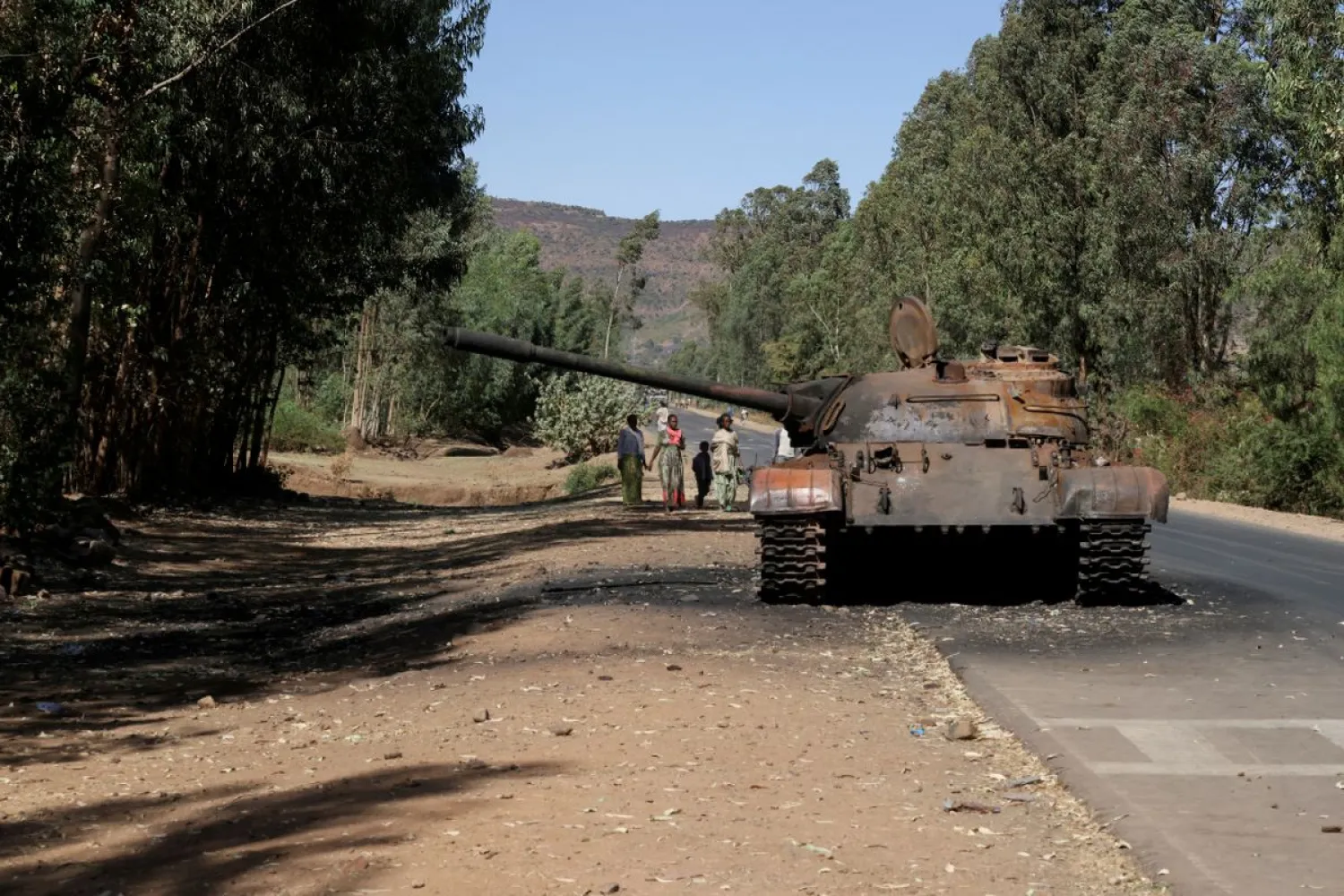One Spanish and two Ethiopian employees of the medical charity Medecins Sans Frontieres (MSF) have been "brutally murdered" in Ethiopia's war-torn northern Tigray region, the organization said Friday.
The trio "were travelling yesterday afternoon when we lost contact with them. This morning, their vehicle was found empty and a few meters away, their lifeless bodies," the international aid group said in a statement.
"No words can truly convey all our sadness, shock and outrage against this horrific attack."
The conflict in Tigray began in November, when Ethiopian Prime Minister Abiy Ahmed sent troops in to oust the dissident regional leadership, promising a swift victory.
But the fighting continues nearly eight months later, and has triggered a humanitarian crisis which the United Nations warns has left 350,000 people on the brink of famine.
Agence France Presse said MSF, or Doctors Without Borders, named the Spanish victim as 35-year-old aid coordinator Maria Hernandez from Madrid.
She started working with MSF in 2015 in the Central African Republic and had since worked in Yemen, Mexico and Nigeria.
The other victims were Yohannes Halefom Reda, a 31-year-old coordination assistant who had joined MSF in February, and Tedros Gebremariam Gebremichael, also 31, who had been a driver for the charity since May.
"We condemn this attack on our colleagues in the strongest possible terms and will be relentless in understanding what happened," said MSF, which was founded in Paris but is headquartered in Geneva and has several global affiliates.
"Maria, Yohannes and Tedros were in Tigray providing assistance to people, and it is unthinkable that they paid for this work with their lives."
The UN called for Ethiopia to launch a swift investigation into the killings.
Ramesh Rajasingham, the UN's acting assistant secretary-general for humanitarian affairs, described the attack as "outrageous and saddening".
"Authorities must now promptly investigate these reports of serious violations of international humanitarian law," he added.
The United States echoed the call for an independent investigation, saying it was "appalled and deeply saddened" to hear about the "indefensible" killings.
"The Government of Ethiopia ultimately bears full responsibility for ensuring the safety of humanitarian workers and free and unhindered access to humanitarian assistance," US State Department spokesperson Ned Price added.
The European Union's chief diplomat Josep Borrell said the bloc condemned the aid workers' killings "in the strongest possible terms", adding: "This atrocity is another horrific example of the escalation of the conflict in Tigray."
In a tweet, Spanish Foreign Minister Arancha Gonzalez Laya expressed her "great sadness" and said she was in contact with Ethiopian authorities to "clarify" what happened and repatriate Hernandez's remains.









